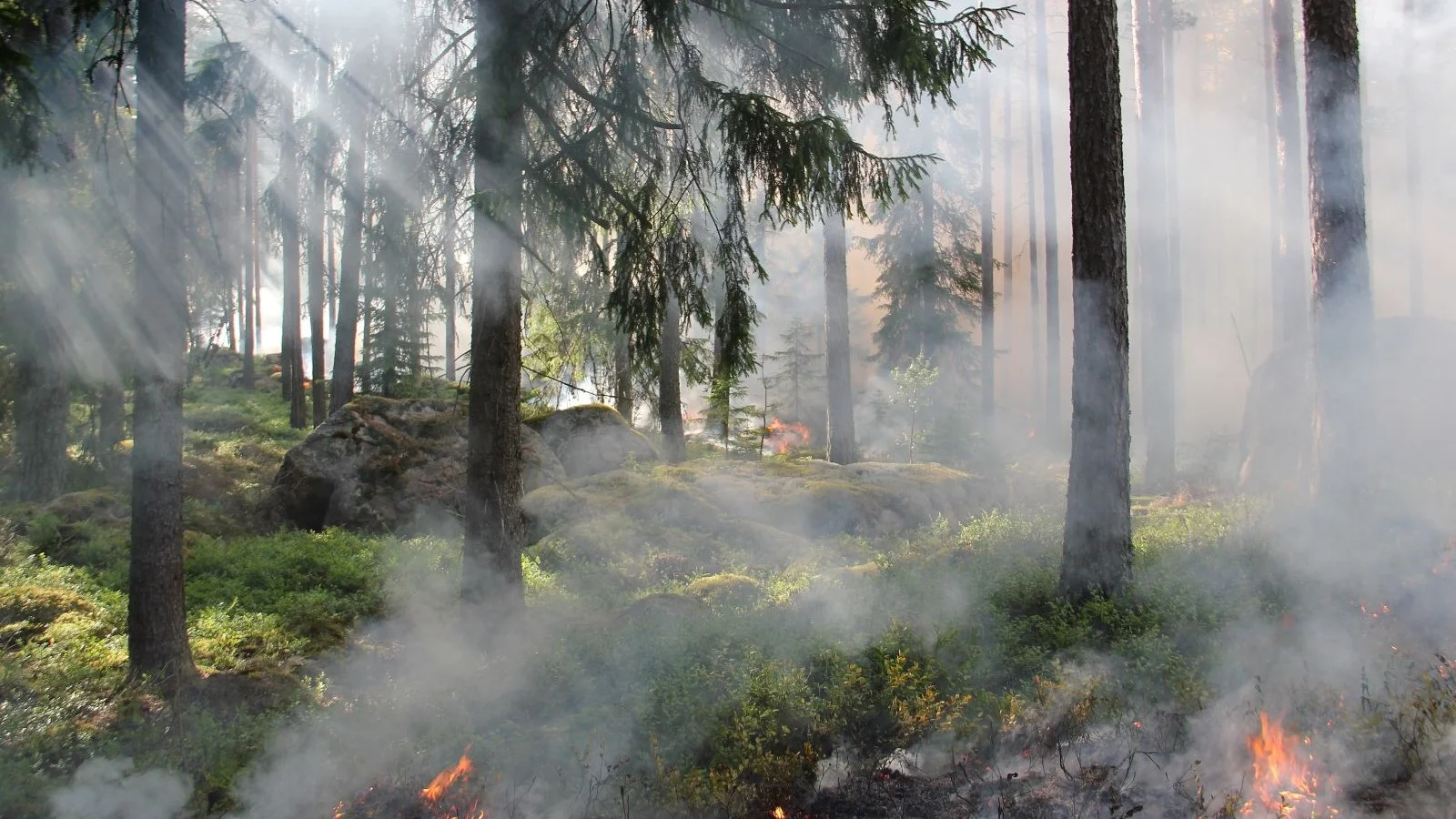
Carbon Literacy Qualification (CLQ)
We offer this qualification to all Year 1 students as an enrichment option
Climate change is widely recognised as one of the greatest, and most urgent, challenges facing humankind. This challenge has been recognised not only locally but also nationally and globally.
An awareness of the carbon costs and the impact of everyday activities with a drive to reduce emissions is vitally important in tackling climate change. Without such education, the climate crisis will become steadily worse. Becoming carbon literate means not only understanding how we can reduce our greenhouse gas emissions now but also becoming better prepared for the anticipated events and putting in place methods to both mitigate and adapt to the worst eventualities.
The CLQ is a nationally recognised short course (approx. 10 hours) designed in partnership with the Manchester Metropolitan University, which you can choose to study as part of your enrichment programme.
This course will give you an overview of the basic science of climate change as well as an understanding of the actions required by governments, businesses and individuals in order to avoid the worst impacts of climate change and set us on a path towards a more sustainable future. It will also cover how we can limit the damaging effects of human activity by examining examples of green initiatives and sustainability projects that mitigate, redress or reverse some of the worst effects of climate change witnessed in the past few decades.
Achieving this CLQ qualification will not only leave you better informed and more equipped to tackle climate change, but it will also look impressive on your CV.
The course will require you to think about your own actions and how you can offset your own and collective carbon footprints. The course is intended to provide a vision for future generations of young people who can be well informed and engaged with the issue so that you can consider effective long-term solutions to the current climate change predicament.
There are six modules in this qualification
- Gain an overview of the basic science of climate change
- Understand the actions required of the Government, organisations and individuals to tackle climate change
- Improve your prospects for ‘green jobs’ either in the renewal energy industry or those that require you to have a basic knowledge about carbon footprints, environmental pollution or sustainability
- Achieve a qualification which will make you better informed and look impressive on your CV or university personal statement
| Module 1 | Climate Change Basics: examining the basic scientific facts and evidence on climate change as well as looking at the various greenhouse gases that cause greenhouse effects. |
| Module 2 | Exploring Carbon Footprints: examining the local, national and global carbon footprints and their vulnerability to change. It also looks at the carbon footprints of our food and travel. |
| Module 3 | A Zero Carbon World: exploring human activities that are causing climate change and the importance of taking action to offset the worst effects of it. Also examining our carbon emissions and imagining a net zero carbon world. |
| Module 4 | Influencing Others: examining how the college can deliver zero carbon, implementing sustainable solutions and educating students on the impact of carbon emissions. It also examines the various challenges to communicating climate change to the wider world. |
| Module 5 | Our Professional Influence: examining the role of the college in delivering zero carbon in all its actions from calculating its carbon footprint and regular reporting of emissions to progressing the college on the Climate Action Roadmap. It also ensures that carbon literacy and sustainability is embedded across all curriculum courses. |
| Module 6 | Taking Action: examining our behaviours on climate impact, making significant changes and taking action on how to make carbon savings. Also making individual and group pledges to reduce our carbon footprints. |
You will:

